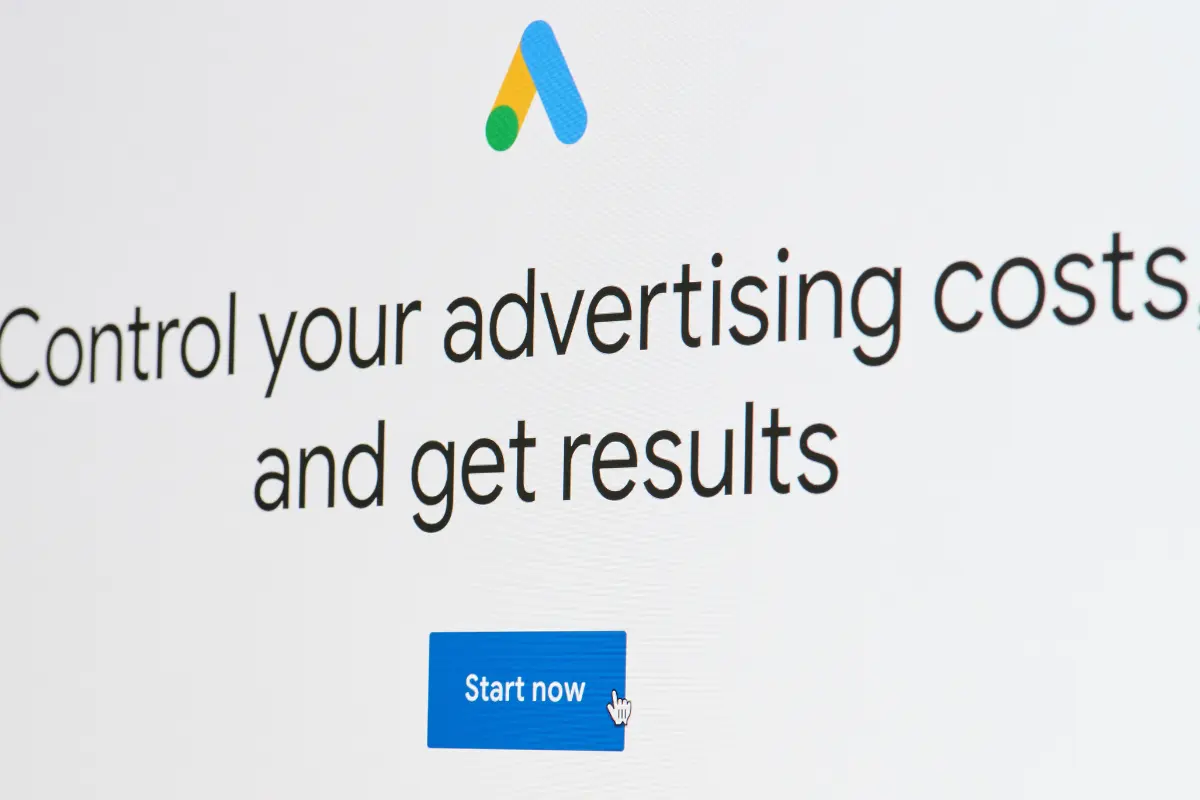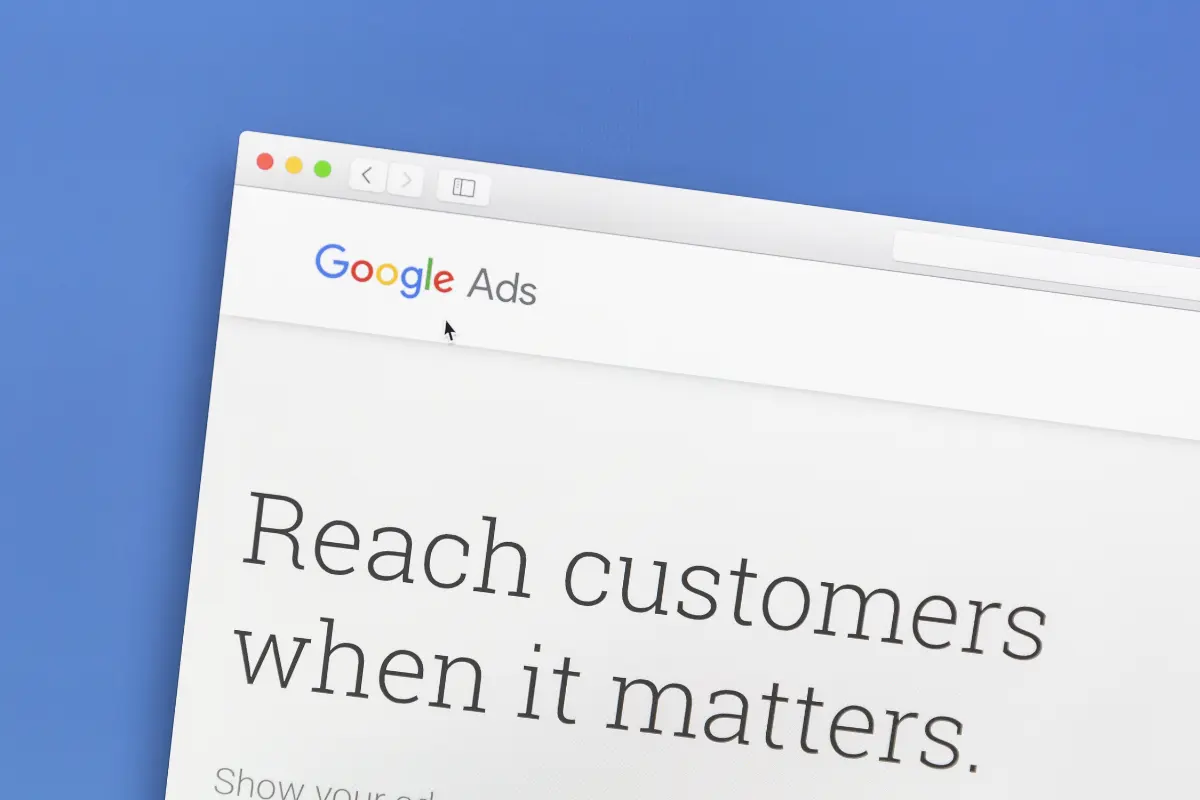What Is PPC?
PPC, which stands for Pay-Per-Click, is a digital marketing technique used to drive website traffic and conversions for businesses across the globe. Advertisers can display ads within the search engine results pages of sites including Google and Bing, in order to increase visibility for their brand.
There are many benefits of PPC when executed effectively, it can drive traffic to your website, generate leads and increase conversions and it’s a channel that should definitely be considered as part of your digital marketing strategy.
What is PPC management?
PPC management is the process of managing a company’s pay-per-click campaigns on PPC platforms (most commonly Google Ads and Microsoft Ads) on behalf of a client.
PPC management will consist of a number of different tasks, but obviously, this is usually specific to the client's goals and the company itself. PPC management services usually cover the following:
Budget and bid management, allocation and recommendations
PPC Keyword research and optimisation
Campaign and ad copy creation and optimisation
Asset creation and management
Strategy implementation and recommendations
PPC management pricing
PPC management is complex and usually requires a top level of knowledge to be executed effectively. This can therefore be reflected in the price that you’re likely to pay, usually on the higher end compared to other digital marketing services.
As is often the case with most digital marketing agencies' pricing, the PPC management pricing varies depending on certain factors, which we’ll be discussing throughout this post.

The average cost for PPC management?
PPC management isn’t cheap and can range from £200 to £5000 per month depending on the agency and pricing model that you choose and the number of campaigns you’re running.
It’s true that anyone can create and run PPC campaigns, but running effective campaigns that convert is an entirely different story. As with most digital and agency services, you often get what you pay for, and the cheapest isn’t usually the best.
Factors that affect the cost
There are a number of different factors that will affect the cost of PPC management services. We’ve briefly outlined a few of the most common below.
Number of campaigns
Expertise of agency
Number of changes
Number of channels
Ad spend
Hours of work needed
Pricing models
There are a variety of different pricing models used by digital marketing agencies to price up their PPC services.
Hourly Rate
A particularly common and simple PPC pricing model is an hourly rate, which can often be split into two methods.
Either an agency outlines a designated amount of hours for a month and works within that remit. Or, an agency bills for the hours that they’ve accumulated over the course of the month.
There are both benefits and drawbacks to these hourly rate pricing models, however, each of them can prove fairly inflexible in the long run.
For example, you’re paying for five hours of PPC management time per month, but three-quarters of the way through the month your company decides to have an impromptu promotion. By now though, your agency has already used 4.5 hours on your account so far this month and therefore has just half an hour of time remaining to push your new promotion. It’s going to be likely that this promotion won't be advertised effectively on your PPC channels within the remaining half an hour.
Equally, if you’re paying for the number of hours used, you’re paying for the speed a particular person works at. For example, with this new promotion mentioned, you want a new campaign, new assets a new landing page etc… your trust is then in that agency that will determine how long this task will take and therefore how much it’ll cost.
Flat Fee
The most straightforward pricing model would be a flat fee. Usually, an agency will quote a predetermined monthly fee for their PPC management services.
However, this flat fee may come with restrictions (a limited number of hours, a limited number of campaigns or creatives and so on) therefore, as with the hourly rate model, if you have campaigns that are constantly changing, this may not be the best option for you.
Ad Spend
The percentage of ad spend PPC pricing model is perhaps the most common and is seen to be the fairest among digital marketing and PPC agencies.
This is usually calculated by a percentage of your monthly PPC spend, which would normally be agreed upon before the launch of any campaigns. This also means that when your budget increases and decreases, so does the fee you’re paying.
It’s important to note, if you’re a small business with a small PPC budget, agencies may have a minimum spend above what you’re willing to spend. In this case, it may be cost-effective to search for a different pricing model, such as a flat fee or hourly rate.
Performance-Based
This pricing model seems to be fairly rare. It relies upon agencies taking a cut based on performance targets, for example, a particular number of leads or revenue generated.
Usually, the better the results, the more the agency gets paid.
Custom
Agencies may also use a combination of the pricing models above to calculate their PPC management costs.
A common example of this would be a flat fee + percentage of ad spend.
It’s important you understand which pricing model works best for your business.
If you’re a small business with a limited budget and a small number of campaigns, a flat fee or hourly rate will probably be best.
If you’re a medium-sized company with a reasonable budget, perhaps the percentage of ad spend would be best.
And if you’re a large company with big budgets and a great number of campaigns, a custom pricing model may be the most relevant.
Why you should consider using a PPC agency
Digital marketing agencies are experts in their field and the benefits of using them can be tremendous. Usually, an agency will have years of experience helping clients grow their online presence and are well placed to help other businesses grow digitally.
So if you’re looking for help with your PPC management, get in touch today.
